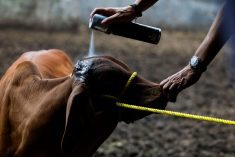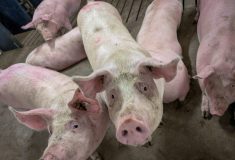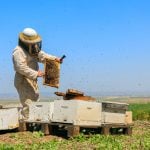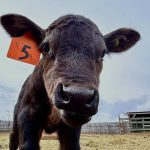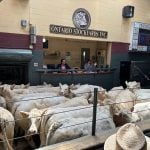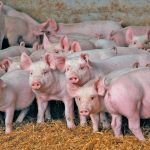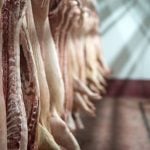The Belleville, Ont. maker of a vaccine expected to reduce E. coli bacteria levels in cattle and cow-pies is the first recipient of federal funding under the new AgriOpportunities program.
Bioniche Life Sciences will get a repayable contribution of $5 million from Ottawa toward the $25 million first phase of its planned $107 million facility expansion at Belleville. With the expansion, the company plans to ramp up production of its E. coli O157:H7 vaccine to commercial levels, among other vaccine products it has in development.
“This project will not only help ensure the safety of Canadian food and water, and create new jobs here in the Belleville region, but also help farmers to get premium prices for vaccinated cattle by selling their animals in specialized markets,” said Guy Lauzon, the parliamentary secretary to Agriculture Minister Gerry Ritz, in a release Thursday.
Read Also
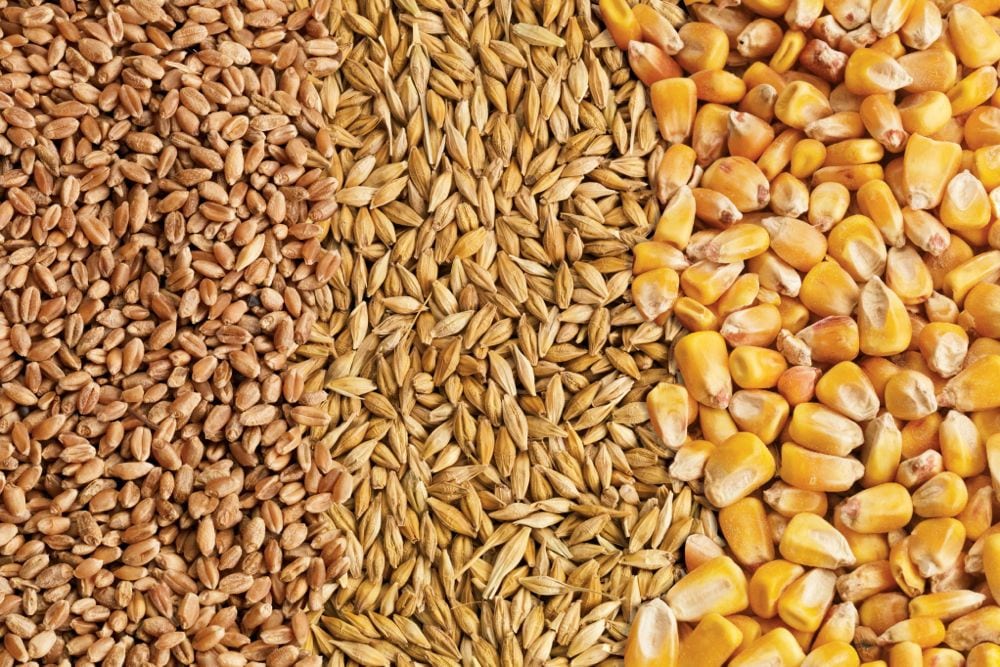
Feed Grains Weekly: Price likely to keep stepping back
As the harvest in southern Alberta presses on, a broker said that is one of the factors pulling feed prices lower in the region. Darcy Haley, vice-president of Ag Value Brokers in Lethbridge, added that lower cattle numbers in feedlots, plentiful amounts of grass for cattle to graze and a lacklustre export market also weighed on feed prices.
The $134 million AgriOpportunities program, which was launched in January 2007 and runs until March 2011, offers repayable contributions of up to $10 million per project and per recipient to speed up commercial development of new ag products or services.
Once Bioniche completes the first phase of its expansion, it expects to be able to reach an annual production capacity of 40 million doses of the E. coli vaccine within 24 months, the federal government release noted.
The vaccine is expected to help reduce potential contamination by E. coli O157:H7 in the environment, ground water and cattle processing plants.
Some cattle operations in Ontario and Saskatchewan have already used the Bioniche vaccine on their animals, through a “conditional authorization” permit granted by the Canadian Food Inspection Agency (CFIA) while the vaccine is under review here.
Bioniche did hit a commercial setback earlier this year, however, when the U.S. Department of Agriculture, citing a field use study by the University of Nebraska last year, opted not to grant Bioniche a license for the product in the U.S.
Bioniche has said it plans to submit more statistical analyses and rationale to USDA, and will take on further studies in 2008 if need be.
Ottawa’s $5 million contribution follows a pledge Tuesday of a $10 million repayable investment by the Ontario government’s Advanced Manufacturing Investment Strategy (AMIS), as well as a $2 million provincial contribution in September from Ontario’s rural economic development program.



